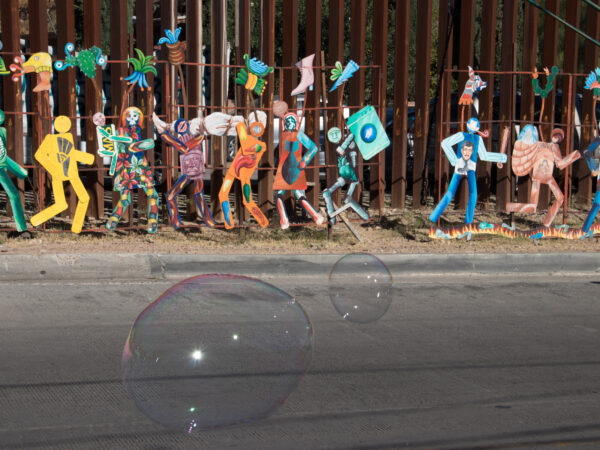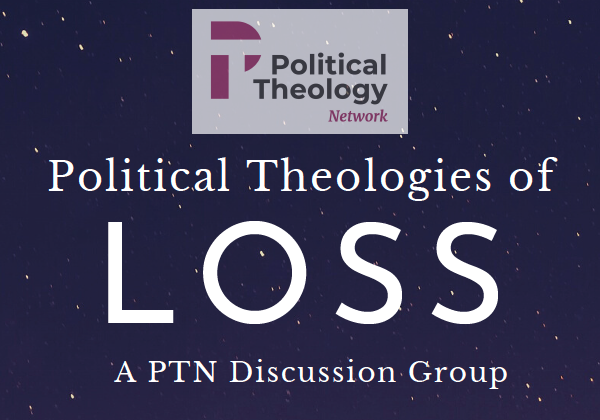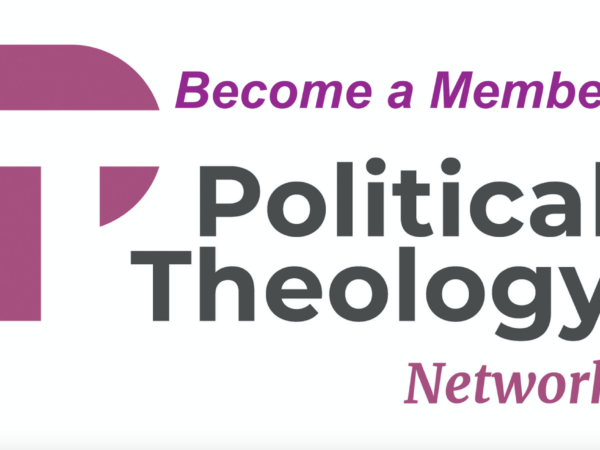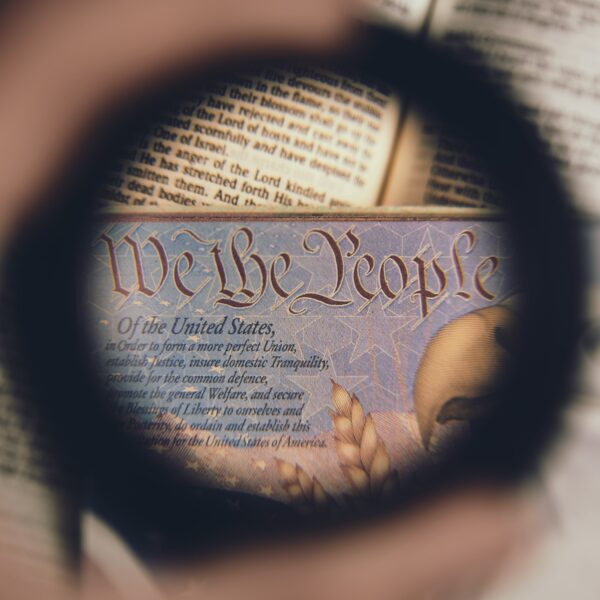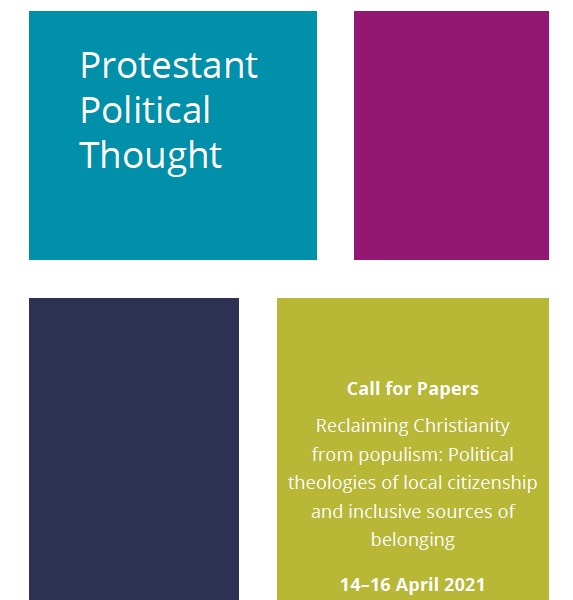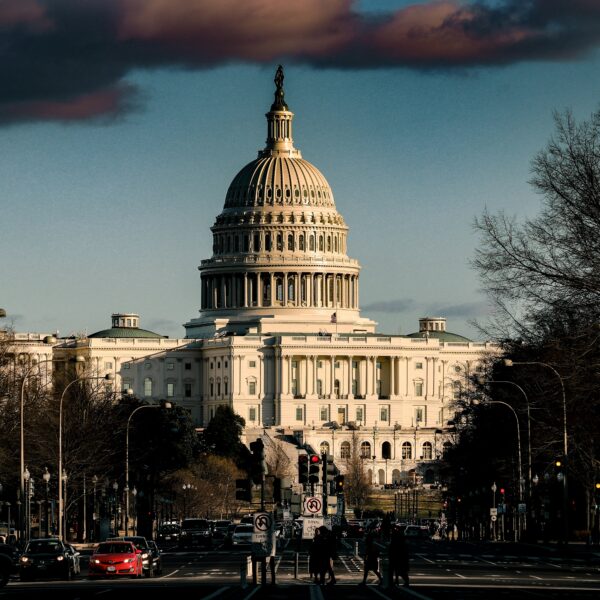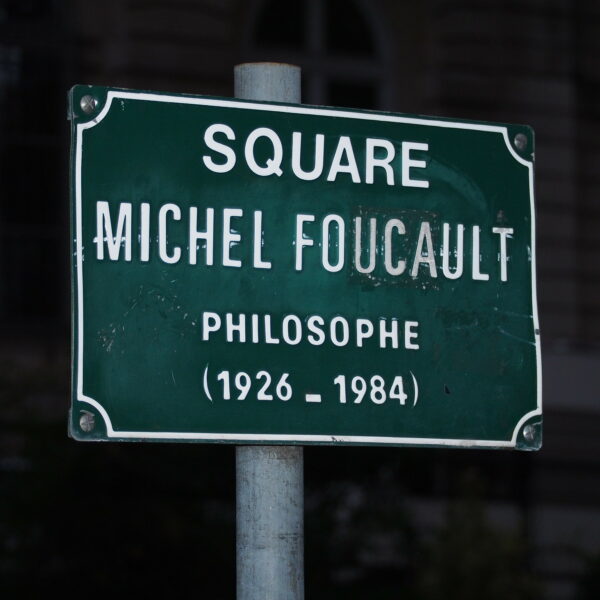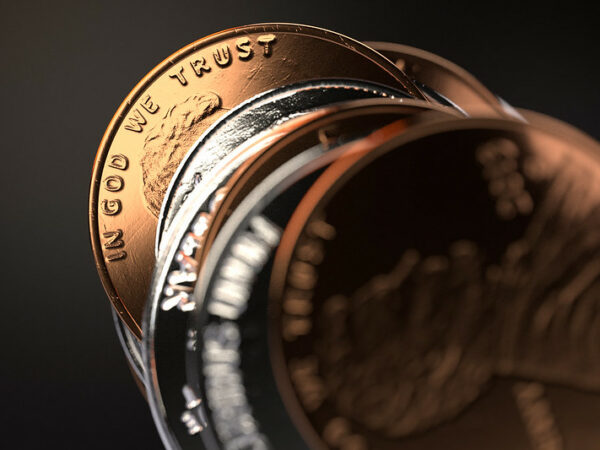
Above all, the Christian tradition urges us to reject the application of war metaphors to the market, as if it were a bloody realm of unavoidable tragedy and exclusively self-focused interest. It is not—or should not be—and the temptation to accept economic “tragedy” is really just the temptation to fail to love God and the neighbor, theologically speaking.

Jesus and his disciples can be seen to both affirm and expand the construction of first-century family, even as they are not limited by it. Such a reading of Mark complicates any single definition of “biblical family” in favor of recognizing the fluid and constructed nature of family systems across time.

Though theologies and practices vary, many Christians commit to sacred times of relation, mutual care, and patience as a form of devotion to God’s promise of justice, believing that this promise is their work to carry out, too. In the Sabbath lives a wider, eternal perspective and sacred release from daily rhythms, obligations, and productivity, an invitation into the transcendent.
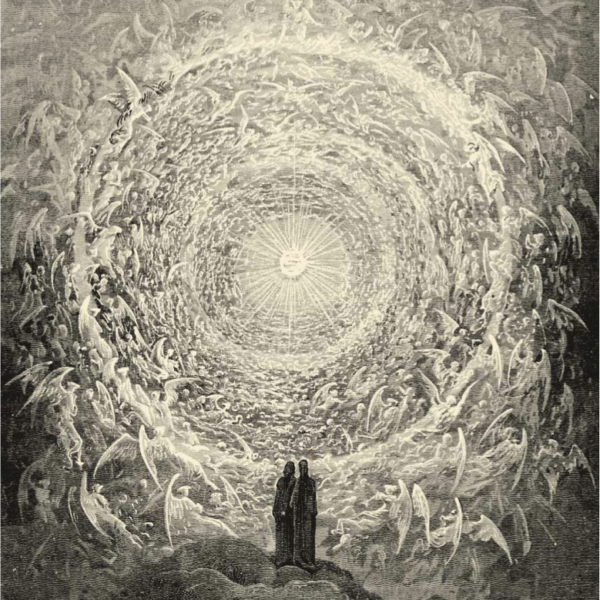
Scratch beneath the surface, and eugenic logic flows deep and wide. It is one thing to be moved by pity and engage in charity, or even to be moved by justice and seek to dismantle structural barriers that impede disabled people from flourishing. But it is quite another thing to imagine . . . how and why we might “conserve” disability against the possibility of a curative future.
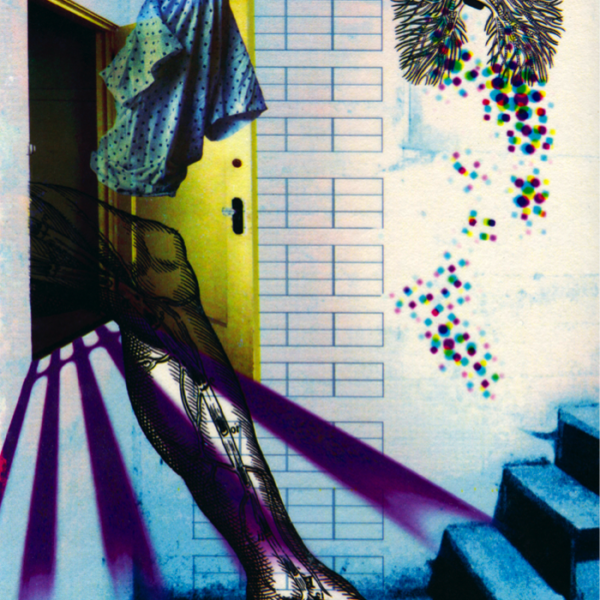
The very characteristics that disabled people value about their embodiment are targeted as bodily states that will be ‘fixed’ in the resurrection. If the Kingdom of God is a place that eradicates disability, however, it may also eradicate our hard-won disability pride.
